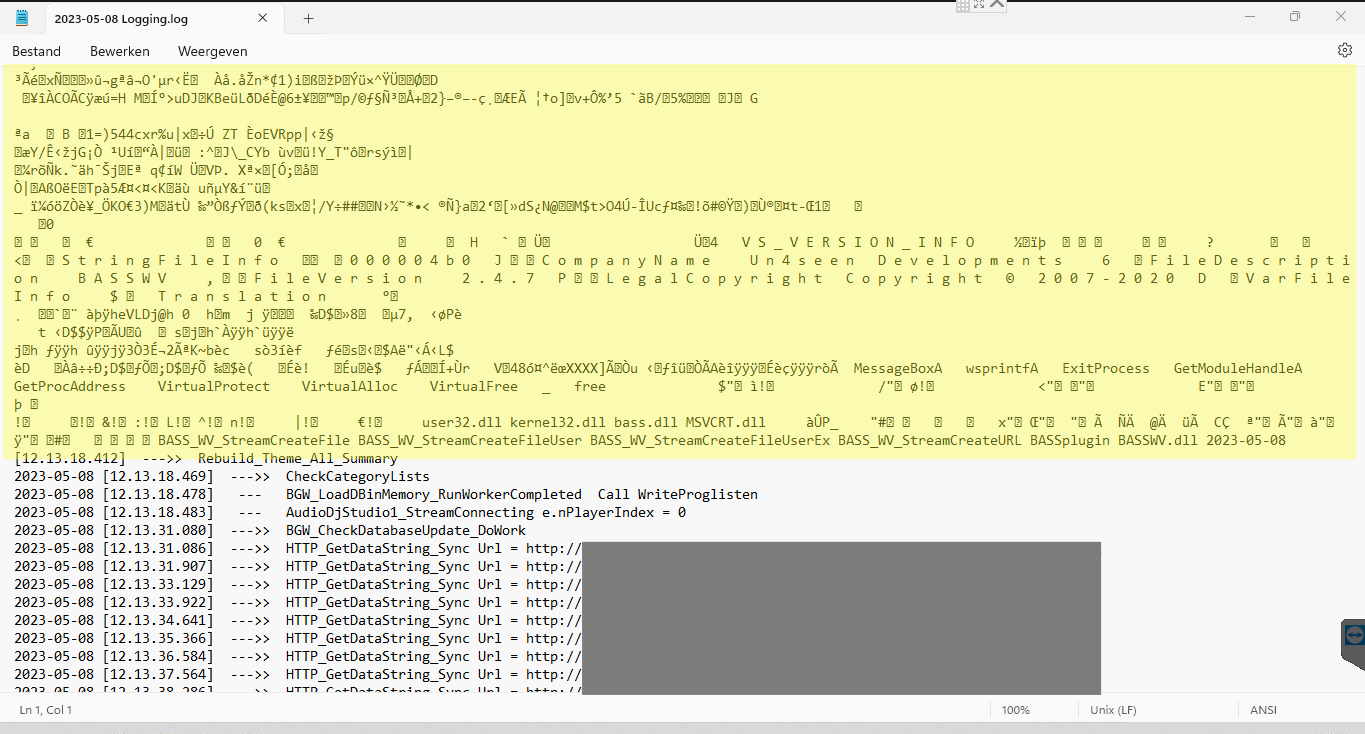Hi Severino,
Just downgraded to control 10.1.0.0 / engine 13.6.0.2.
Issue seems to be gone...
Has there been a change in writing the dll's between those versions?
Best regards
Patrick Vossen
Just downgraded to control 10.1.0.0 / engine 13.6.0.2.
Issue seems to be gone...
Has there been a change in writing the dll's between those versions?
Best regards
Patrick Vossen

